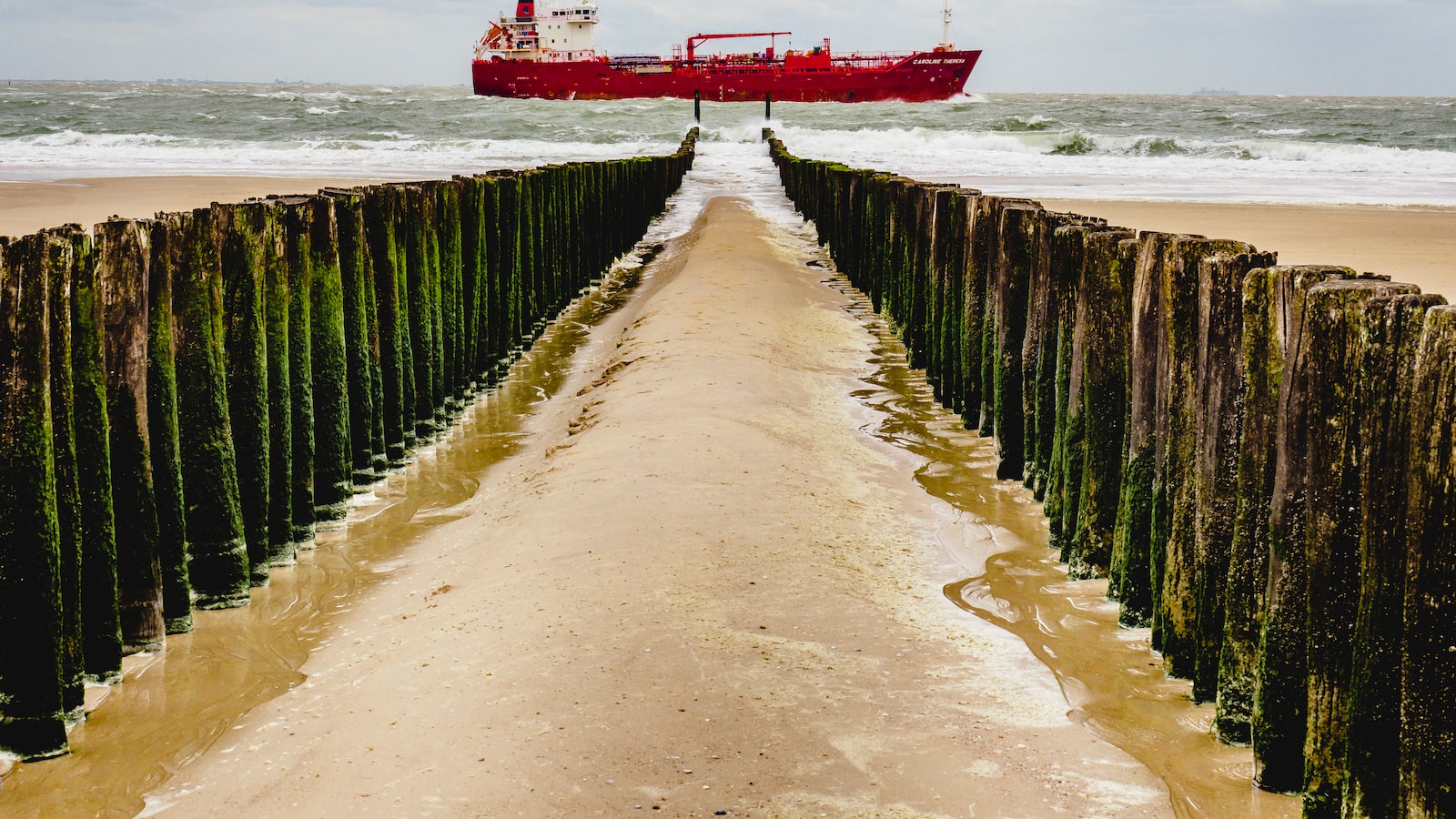
Petrochemicals, derived from petroleum and natural gas, are widely used in the production of plastics. While plastics have revolutionized various industries, the increasing amount of plastic waste has posed significant environmental challenges.
The Importance of Reducing Plastic Waste
Plastic waste is a serious environmental concern due to its long decomposition time and harmful effects on ecosystems. It is estimated that over 8 million metric tons of plastic enter the oceans each year, causing immense damage to marine life and habitats.
Key Strategies for Plastic Waste Reduction
- 1. Recycling: Promoting the recycling of plastic waste is vital to reduce its environmental impact. Proper waste management systems should be implemented to encourage recycling across industries and households. Educating the public about recycling practices and the importance of reducing single-use plastics is crucial as well.
- 2. Innovation in Packaging: Developing eco-friendly packaging alternatives is a key strategy to reduce plastic waste. Biodegradable and compostable packaging options can significantly minimize the accumulation of non-recyclable waste.
- 3. Circular Economy: Adopting a circular economy approach involves designing products for reusability, recycling, and minimizing waste generation. With effective resource management, circular economy models aim to generate less plastic waste and reduce dependency on petrochemicals.
- 4. Government Regulations and Policies: Governments play a crucial role in implementing policies and regulations to curb plastic waste. Levies on single-use plastics, incentivizing sustainable packaging, and supporting research and development of plastic alternatives are effective measures to reduce petrochemical consumption and plastic waste.
- 5. Consumer Awareness: Raising awareness among consumers about the environmental consequences of plastic waste is key to encouraging responsible consumption. Educational campaigns, labeling products with recycling information, and promoting sustainable alternatives empower individuals to make environmentally conscious choices.
The Future of Petrochemicals and Plastic Waste Reduction
Efforts are underway to develop innovative solutions that decrease reliance on petrochemicals for plastic production. Bio-based plastics derived from renewable resources, such as plants and algae, offer promising alternatives. Additionally, advances in technology and increased collaboration between industries, scientists, and policymakers will shape a sustainable future that effectively reduces plastic waste.
Reducing plastic waste is a collective responsibility. By implementing these strategies and fostering a culture of sustainability, we can mitigate the harmful impact of plastic waste on our planet.





